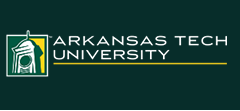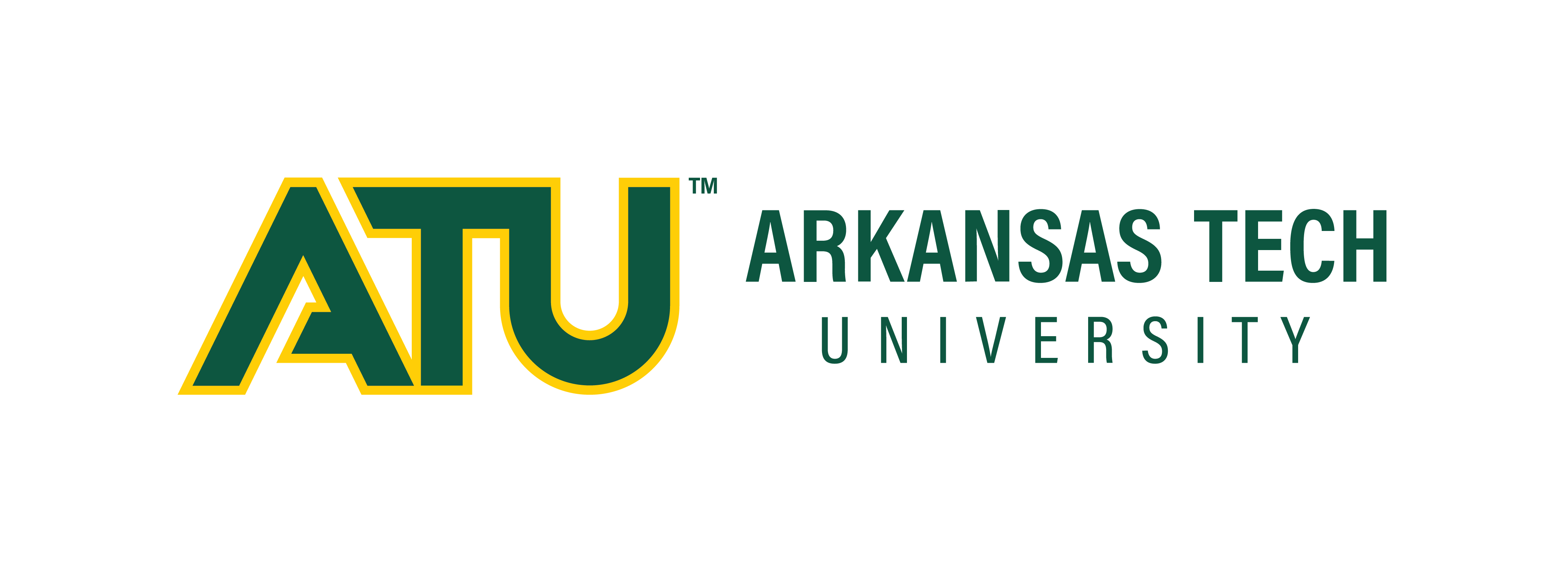Program Type
Graduate
Faculty Advisor
Dr. Rene Couture
Document Type
Presentation
Location
Face-to-face
Start Date
25-4-2023 10:15 AM
Abstract
Abstract
This paper is intended to learn about the experiences of military-affiliated students in post-secondary education by surveying veterans, service members, and dependents on what resources they have available, what resources they would like to have, and comparing between 2-year, 4-year, public, and private institutions. Participants were surveyed at five different institutions. Three closed-ended questions asked for background and other disadvantaged identifiers. Three open-ended questions ask in detail about their experiences at their institution. Students at public 4-year institutions received the best assistance with room to improve. Institutions of higher learning would benefit their military-affiliated students by providing a military-affiliated success center as a one-stop with all possible resources in one location. Institutions that can not feasibly provide this could offer a military-affiliated orientation to cover resources and benefits. There should be more efforts to recruit, retain, and graduate military-affiliated students.
Recommended Citation
Hendrix, Cole T., "Military-Affiliated Student Experiences in Post-Secondary Education" (2023). ATU Research Symposium. 38.
https://orc.library.atu.edu/atu_rs/2023/2023/38
Presentation Slides
Included in
Academic Advising Commons, Accessibility Commons, Adult and Continuing Education Commons, Educational Leadership Commons, Higher Education Administration Commons, Secondary Education Commons, University Extension Commons
Military-Affiliated Student Experiences in Post-Secondary Education
Face-to-face
Abstract
This paper is intended to learn about the experiences of military-affiliated students in post-secondary education by surveying veterans, service members, and dependents on what resources they have available, what resources they would like to have, and comparing between 2-year, 4-year, public, and private institutions. Participants were surveyed at five different institutions. Three closed-ended questions asked for background and other disadvantaged identifiers. Three open-ended questions ask in detail about their experiences at their institution. Students at public 4-year institutions received the best assistance with room to improve. Institutions of higher learning would benefit their military-affiliated students by providing a military-affiliated success center as a one-stop with all possible resources in one location. Institutions that can not feasibly provide this could offer a military-affiliated orientation to cover resources and benefits. There should be more efforts to recruit, retain, and graduate military-affiliated students.


